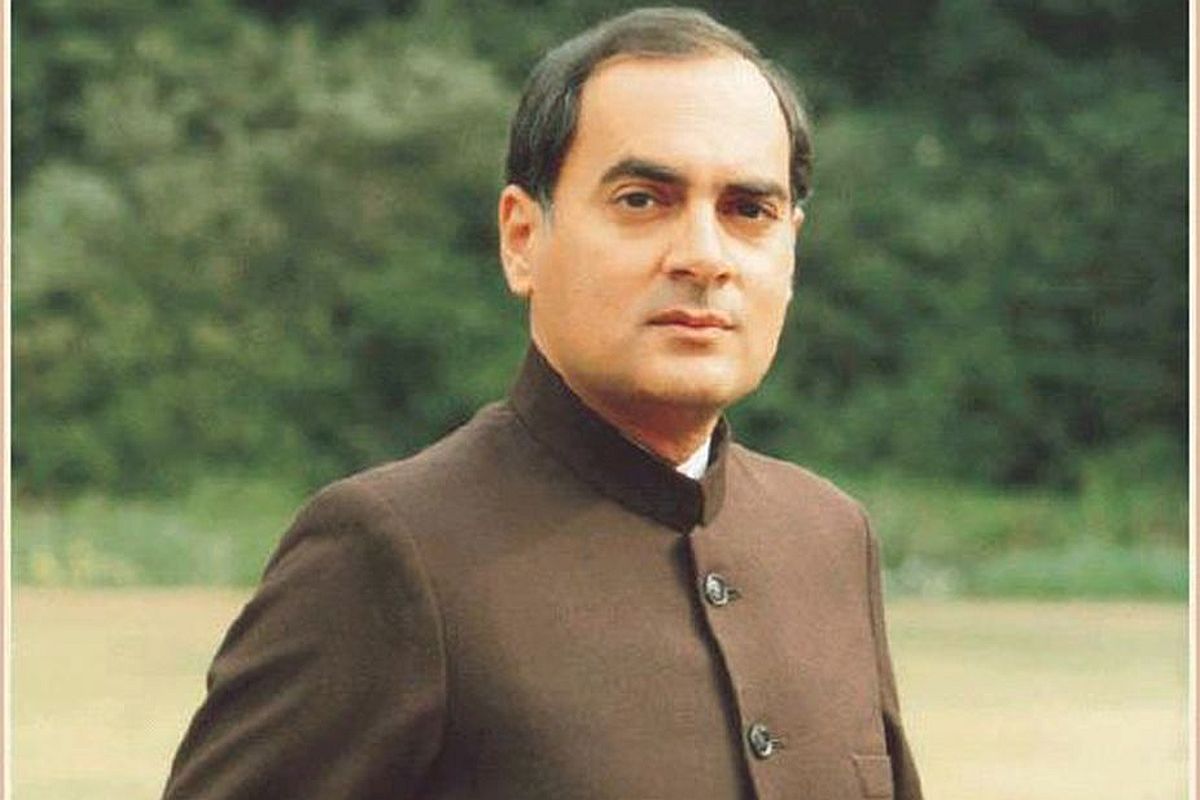
Rajiv Gandhi: Architect of India’s Technological Revolution
Rajiv Gandhi, the scion of the Nehru-Gandhi dynasty, left an indelible mark on Indian politics and society during his tenure as Prime Minister from 1984 to 1989. A reluctant entrant into politics following the tragic assassination of his mother, Indira Gandhi, Rajiv Gandhi’s leadership was characterized by youthful dynamism, vision, and a fervent commitment to modernize India’s economy and society. This blog endeavors to explore the life, legacy, and enduring impact of Rajiv Gandhi, the architect of India’s technological revolution.
Early Life and Education: Rajiv Gandhi was born on August 20, 1944, into the illustrious Nehru-Gandhi family, renowned for its contributions to India’s struggle for independence and nation-building. Educated at prestigious institutions both in India and abroad, including the University of Cambridge in the United Kingdom, Gandhi’s early years were marked by a keen interest in technology and aviation.
Despite his initial reluctance to enter politics, the tragic assassination of his younger brother, Sanjay Gandhi, in 1980, propelled Rajiv into the political limelight. His innate sense of duty and responsibility towards the nation compelled him to assume a more active role in public life, eventually leading to his appointment as Prime Minister in 1984.
Prime Ministership and Visionary Leadership: Rajiv Gandhi’s tenure as Prime Minister coincided with a period of significant transformation and upheaval in India’s political and economic landscape. Faced with the daunting task of steering the nation through turbulent waters, Gandhi embarked on a bold agenda of economic liberalization, technological modernization, and administrative reform.
One of Rajiv Gandhi’s most enduring legacies lies in his visionary approach to harnessing the power of technology for national development. Recognizing the transformative potential of information technology (IT), he launched the ambitious “Computerization of India” program, aimed at computerizing government offices and modernizing bureaucratic processes.
Key Policies and Initiatives: Rajiv Gandhi’s tenure as Prime Minister was marked by a series of progressive policies and initiatives aimed at unleashing India’s latent potential and propelling it into the digital age. The establishment of the Center for Development of Telematics (C-DOT) in 1984 laid the foundation for indigenous research and development in telecommunications, leading to the proliferation of affordable communication technologies across the country.
Gandhi’s commitment to educational reform and youth empowerment was exemplified by the launch of the National Policy on Education in 1986, which sought to revitalize India’s education system and promote scientific and technical education. His emphasis on women’s empowerment and social justice was reflected in initiatives such as the empowerment of Panchayati Raj institutions and the enactment of laws to combat dowry and gender discrimination.
Legacy and Enduring Impact: Rajiv Gandhi’s legacy as a visionary leader and architect of India’s technological revolution continues to resonate in the collective consciousness of the nation. His pioneering efforts to harness the power of technology for national development laid the groundwork for India’s emergence as a global IT powerhouse in the 21st century.
Furthermore, Gandhi’s emphasis on education, innovation, and youth empowerment continues to inspire successive generations of leaders and citizens alike. His vision of a modern, progressive India, propelled by the forces of technology and innovation, remains as relevant today as it was during his tenure as Prime Minister.
In conclusion, Rajiv Gandhi’s life and legacy serve as a beacon of hope and inspiration for a better, brighter future for India and its people. As we commemorate his contributions to the nation, let us reaffirm our commitment to the values of progress, innovation, and inclusivity that he espoused. In an era marked by rapid technological advancements and socio-economic transformations, the vision of Rajiv Gandhi continues to guide India’s journey towards a more prosperous, equitable, and enlightened society.










